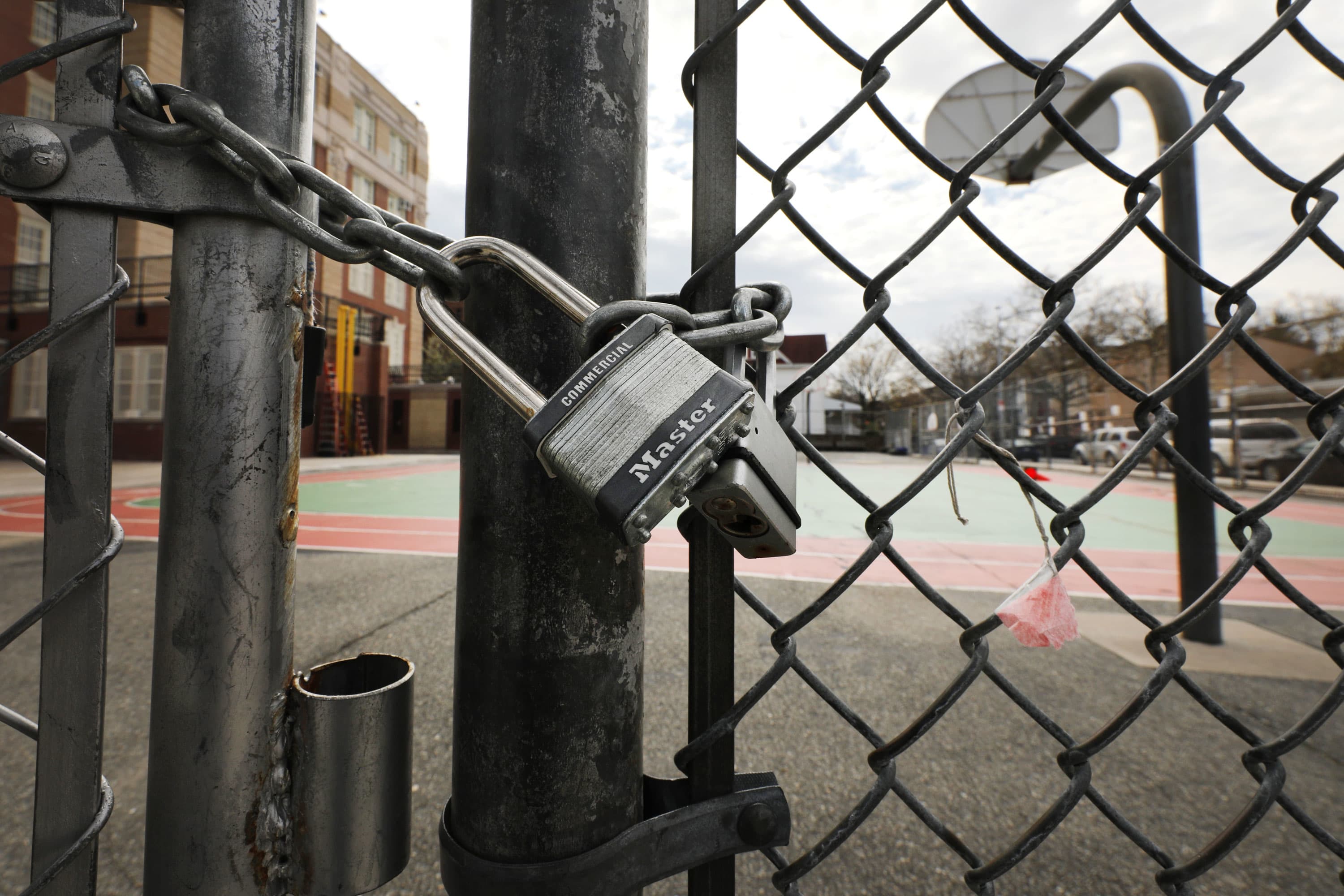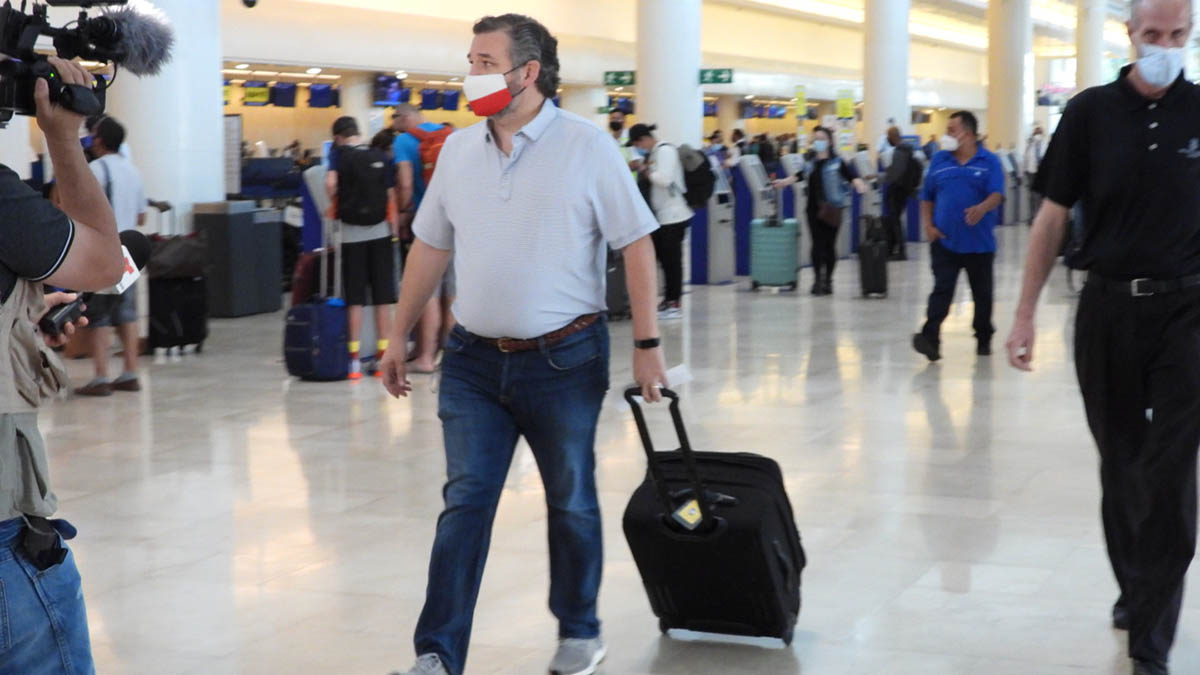After weeks of tense negotiations, California legislators agreed Thursday on a $6.5 billion proposal aimed at getting students back in classrooms this spring following months of closures because of the pandemic.
The proposed “Safe and Open Schools” plan would overhaul a $2 billion proposal from Gov. Gavin Newsom that was widely criticized by school superintendents, unions and lawmakers. The proposal unveiled by Newsom in December would have rewarded schools that reopened with additional funding for safety measures.
Critics said it set unrealistic timelines, didn’t include enough money to pay for frequent COVID-19 testing of students and teachers, and failed to address the vaccination of teachers.
The new proposal would triple the funding for schools and require county public health departments to offer vaccinations to school staff who return to in-person classes. It also pushes back the timeline for reopening and gives school districts greater freedom in how to spend the funding, which each district would receive based on its student population.
Getting students back into classrooms has become a pressing political issue for Newsom, who did not immediately comment on the Legislature’s proposal and is facing a possible recall election later this year.
“Here are two truths – California’s students need to get back in the classroom, and there is no easy solution to getting them there in the midst of the pandemic. These bills move us closer, and build on the governor’s framework," said state Senate President Pro Tempore Toni Atkins, a Democrat from San Diego. “We all share the same goal – to get students back into school safely."
The proposal, detailed in two identical pieces of legislation, would not force schools to reopen. But it would provide more funding to those that do.
Coronavirus Deaths in Your City and State — and Across the US
These charts use daily coronavirus death data from Johns Hopkins University to show the seven-day moving average of deaths at the city, state and country level.
The impact of coronavirus varies enormously in the United States from one place to another.
Source: Johns Hopkins University.
Credit: Visuals by Amy O’Kruk/NBC, data analysis by Ron Campbell/NBC
In order to get the money, school districts must offer in-person classes by April 15 to “vulnerable” students, including English learners, homeless students, those without computers and foster children.
Get a weekly recap of the latest San Francisco Bay Area housing news. >Sign up for NBC Bay Area’s Housing Deconstructed newsletter.
The proposal also requires schools that receive the money to reopen for all students in grades TK-6 when case rates in their counties drop below 7 per 100,0000 — and to all vulnerable student groups in higher grades.
Regardless of funding, the proposal requires all schools to adopt a COVID-19 safety plan by April 1 that has been approved by labor unions.
Critics of Newsom’s original plan — including Los Angeles Unified, San Diego, San Francisco and other large school districts across the state — said it set unreachable rules and deadlines that included requirements to reopen as early as mid-February when California’s COVID-19 case rates were skyrocketing.
The new plan appears to give school districts greater freedom in how to spend the money. It would allow schools to extend the instructional school year and increase the school day to catch up on learning lost from nearly a year of online classes. It would also allow schools to spend money on COVID-19 testing and equipment to make classrooms safe.
Voicing his support for the plan, Assemblyman Kevin McCarty, a Democrat from Sacramento, said, “It is our top priority to ensure that California kids can safely return to school soon and doing so will also help reopen our economy."



